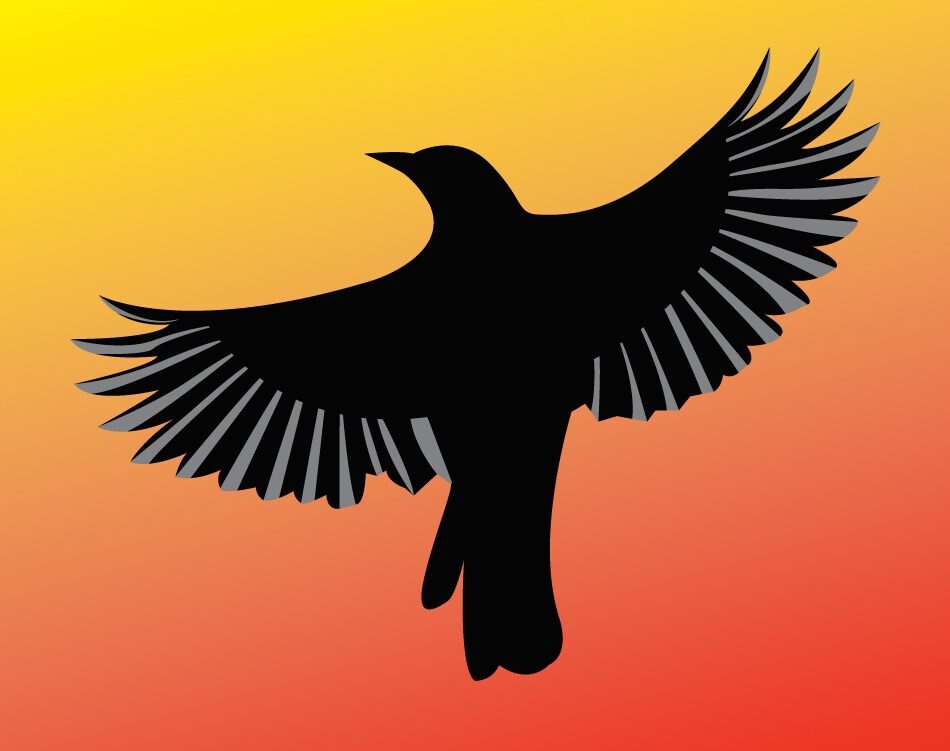Interview: The Editors of Electric Spec
Electric Spec Founded in 2005, Electric Spec is a not-for-profit speculative fiction magazine published four times per year. The primary goal of the editors is to get great speculative fiction into the hands (or screens) of readers; they’ve published short stories from authors all over the world. Meet the editors! Grayson Towler has a lifelong…
